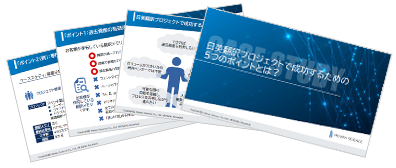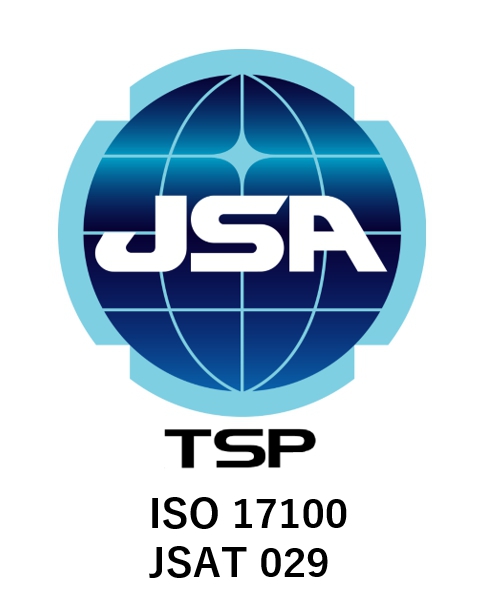
While reviewing the delivery data from the translators, I often notice unnatural uses and errors of "which."
We also receive feedback from customers asking, "Why did you use 'whose' to modify 'things'?"
Many people may not know that "whose" can modify not only "people" but also "things."
Because the expression contains "who," they may have such a mistaken perception.
Let's look at some example sentences.
- Table of Contents
>>Related Download Materials: Nine Cases of Machine Translation Errors and Post-Editing & Post-Editing Checklist
1. Example sentence using Whose ①
- ・Original text: "We will replenish the film in the magazine when the remaining count reaches '000'."
- ・Translated text (before revision): Load a film pack into the magazine of which the number of remaining films is "000".
- ・Translated text (after revision): Load a film pack into the magazine whose number of remaining films is "000".
"Of which" is not grammatically incorrect, but it gives a stiff impression. In such cases, using "whose" is more natural and easier to read. Additionally, "of which the number" becomes "whose number," making it simpler and easier to read in terms of parts of speech.
Next, let's look at an example where "preposition + which" is corrected to "whose".

2. Example sentences using 'Whose'②
- ・Original text: "For users belonging to companies with an organizational level of 4 or higher"
- ・Translated text (before correction): For users who belong to a company whose organization level is 4 or higher
- ・Translated text (after modification): For users who belong to a company whose organization level is 4 or higher
- ・Original text: "Click on the user to follow the profile."
- ・Translation (before modification): Click the user for which you follow the profile.
- ・Translated text (after revision): Click the user whose profile you follow.
- ・Original text: "Stations that have stopped cyclic transmission with this function will not be treated as separating stations."
- ・Translated text (before modification): Stations for which cyclic transmission was stopped with this function are not considered disconnected.
- ・Translated text (after modification): Stations whose cyclic transmission was stopped with this function are not considered disconnected.
- ・Original text: "Select the checkbox for the item to clear the error history, and click the [Execute] button."
- ・Translated text (before correction): Select the checkbox of the item of which error history is to be cleared and click the [Execute] button.
- ・Translated text (after modification): Select the checkbox of the item whose error history is to be cleared and click the [Execute] button.
The use of "preposition + relative pronoun" is never incorrect. On the contrary, in technical writing, there are many cases where the "preposition + relative pronoun" construction is helpful for clarifying complex modifiers and improving readability.
However, it is not easy to use, so caution is required when employing it.
If "whose" can be used instead of "preposition + relative pronoun," it is recommended to use "whose."
In Japan, the awareness of the use of "whose" seems to be low, but it is a very useful construction, so let's get accustomed to using it.

>>Related Download Materials: Nine Cases of Machine Translation Errors and Post-Editing & Post-Editing Checklist



























